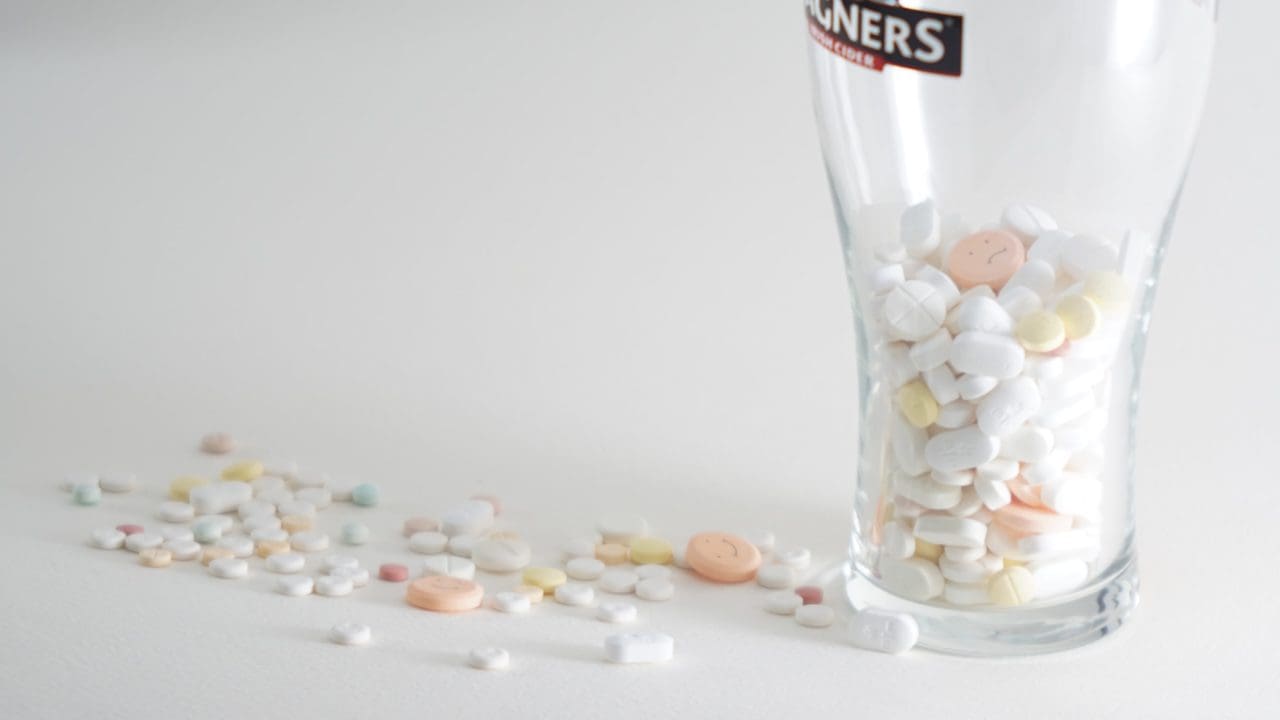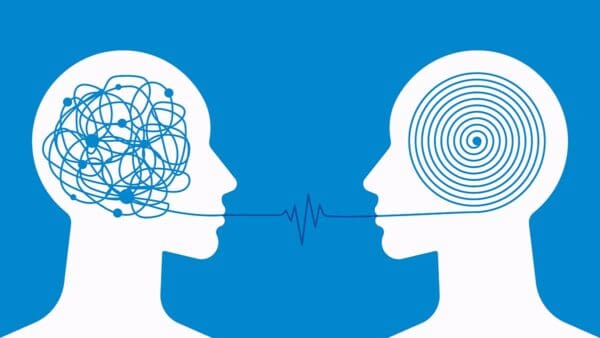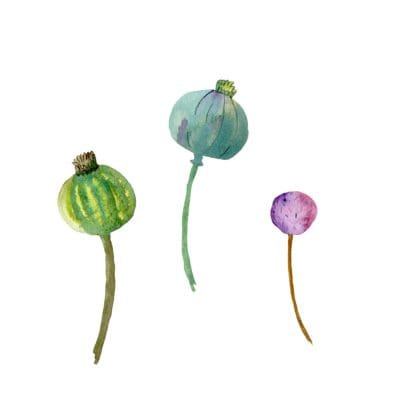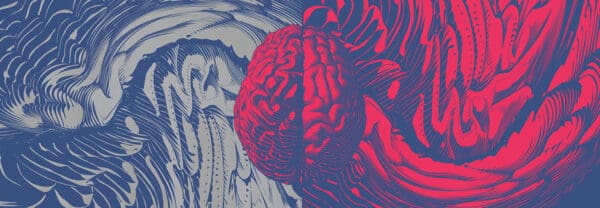Medical Editor: Dr. Benjamin Malcolm, PharmD, MPH, BCPP
It may sound counterintuitive to treat alcoholism or alcohol use disorders with other substances. However, as our understanding of addiction, alcoholism, and psychedelics evolve, many medical professionals and persons affected by addiction are realizing that psychedelics have serious therapeutic potential in treating addictive disorders. According to the book Distilled Spirits by Don Latti, even Bill Wilson, the founder of Alcoholics Anonymous, reportedly used LSD to maintain his sobriety from alcohol. Some psychedelics, such as LSD and psilocybin, may be able to reduce the desire to drink after a single dose, although modern research has focused on giving 2-3 doses within a greater addiction psychotherapy and recovery program. Here’s what you need to know about overcoming alcohol addiction with psychedelics.
What are psychedelics and psychedelic-assisted psychotherapy?
Psychedelics are psychoactive substances that alter perception and induce non-ordinary states of consciousness. When used responsibly and under the direction of a therapist, risks of use are reduced and can result in positive life-changing events. Evidence suggests that unlike alcohol, psychedelics like psilocybin and LSD do not lead to dependence. In fact, they may help people recover from alcohol addiction.
Psychedelic-assisted psychotherapy is the embedding of supervised psychedelic sessions within larger psychotherapy interventions. While psychotherapy on its own can be helpful for some, it works modestly over time for most. Adding a psychedelic experience can expedite healing and is likely most helpful when used within a greater intervention promoting therapy and addiction recovery. In other words, psychedelics can assist in recovering from addiction, however are not ‘magic bullets’.
Do psychedelic drugs work for alcohol addiction?
Research conducted between the 1950s and 1970s on over 40,000 people suggests that psychedelics, in particular, LSD, can help alcoholics stop drinking. In six clinical trials between 1966 and 1970 doctors gave patients LSD once as a part of therapeutic treatment for alcohol abuse. The results found that 81 to 100 percent of the patients abstained from alcohol at the first follow-up. Six months later, participants were 15% more likely to remain abstinent from alcohol than those who did not take the psychedelic. A recent survey in which 343 people with alcohol use disorder took either LSD or psilocybin outside a clinical setting found that 83 percent no longer met clinical criteria for alcohol use disorder within three months of their psychedelic experience.
More recent pilot studies in clinical settings have found significant reductions in problematic alcohol use among trial participants. In these studies, a number of doses of psilocybin or MDMA have been used in conjunction with psychotherapy aimed at addiction recovery. These studies highlight that persons may have improved outcomes when they undergo a number of psychedelic sessions and couple their experiences with traditional therapy approaches for addiction recovery. One 2019 study suggests MDMA is well-tolerated for treating alcohol abuse disorder and plans to expand research. At the moment the science is somewhat limited, although these preliminary studies along with older clinical trials and survey reports of benefit strongly suggest significant therapeutic potential.
Another promising psychedelic in addiction research is ibogaine. Many report independently that after taking ibogaine just once, their alcohol cravings stopped. A 2016 study using rodents found that ibogaine reduced the self-administration of cocaine, opioids, and alcohol. However, unlike other psychedelics, ibogaine can have serious side effects such as cardiac toxicity or fatal arrhythmias.
How do psychedelics interact with traditional addiction recovery models?
Psychedelics don’t just treat addiction, but they treat addiction differently than traditional 12-step models. While historically, the 12-step model discourages substance use of any kind, many recovery groups are changing with the culture and laws. For instance, many AA groups agree that if a drug is prescribed by a doctor, then it’s okay. While this came as welcome news to medical marijuana patients, it still presents challenges for those seeking psychedelic therapy for addiction. That doesn’t mean that the two can’t co-exist. The 1st step in AA asks you to give yourself up to a higher power, which is compatible with the mystical experiences people report in studies of psilocybin-assisted therapy. Often, a cohesive approach with both medicine and a recovery program or therapy proves most useful.
Do psychedelics help manage alcohol withdrawal?
Psychedelic-assisted psychotherapies may be helpful in understanding the motivations, desires, and traumas that cause a person to drink alcohol. They may also have effects that are able to modulate brain function in a way that diminishes the craving to drink alcohol. However, psychedelics are not effective for the management of acute alcohol withdrawal, which can be characterized by seizures or delirium tremens in severe cases. Therefore, persons seeking treatment for alcohol use disorder with psychedelic therapies should not expect the therapy to provide management of acute withdrawal and manage detoxification separately.
Are psychedelics for alcoholism legal?
Most psychedelics are still illegal in the U.S. and remain schedule I substances federally. Following in the footsteps of cannabis, some naturally occurring psychedelics are beginning to be legalized or decriminalized in state or local jurisdictions. While this is promising and may reduce risks of psychedelic use, federal law supersedes local law and may technically still be considered illegal. However, as more research confirms that psychedelics do have medical value, including the treatment of alcoholism, more states are expected to allow access to psychedelics and the future is bright regarding medical approval of at least psilocybin and MDMA-assisted psychotherapy.








